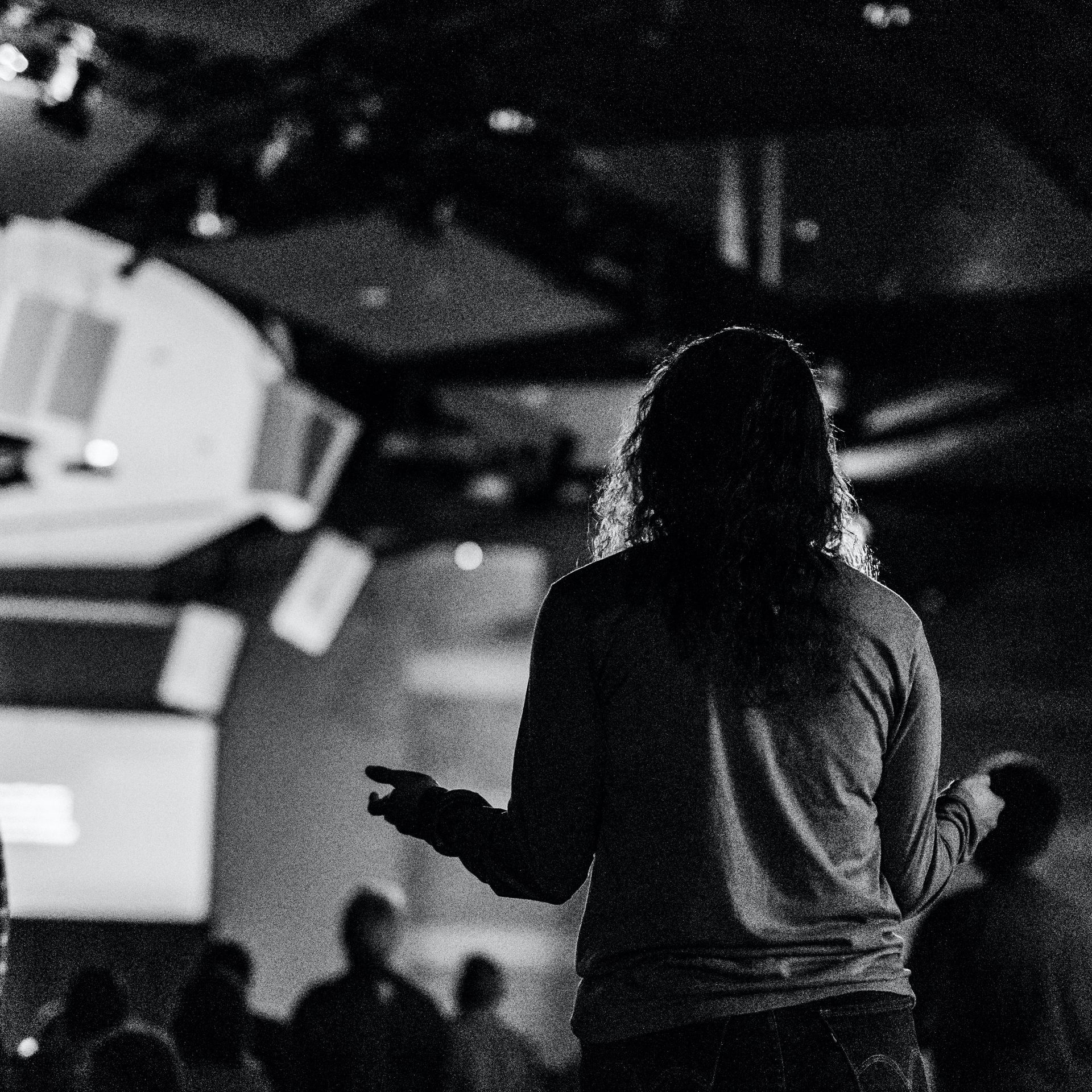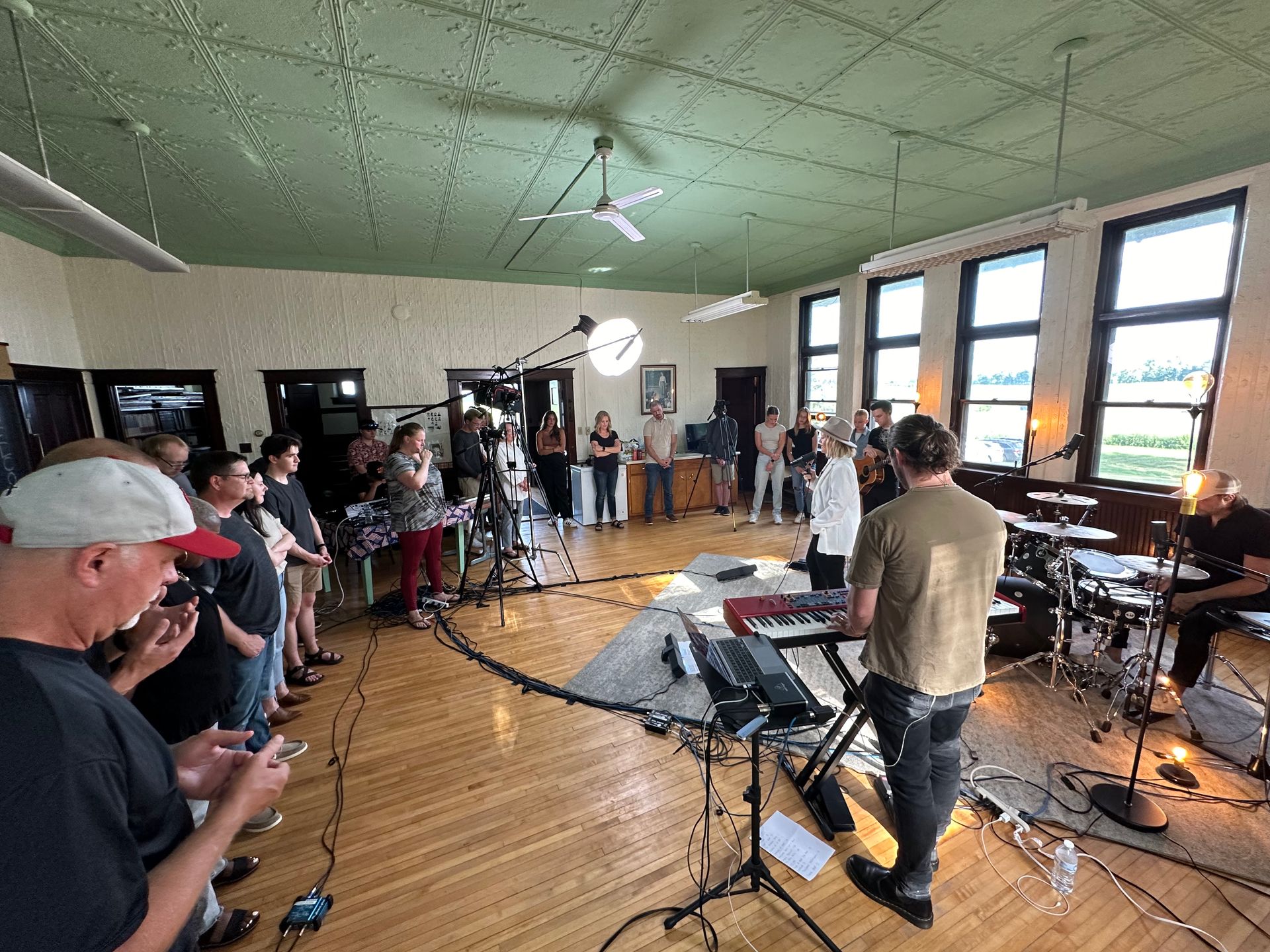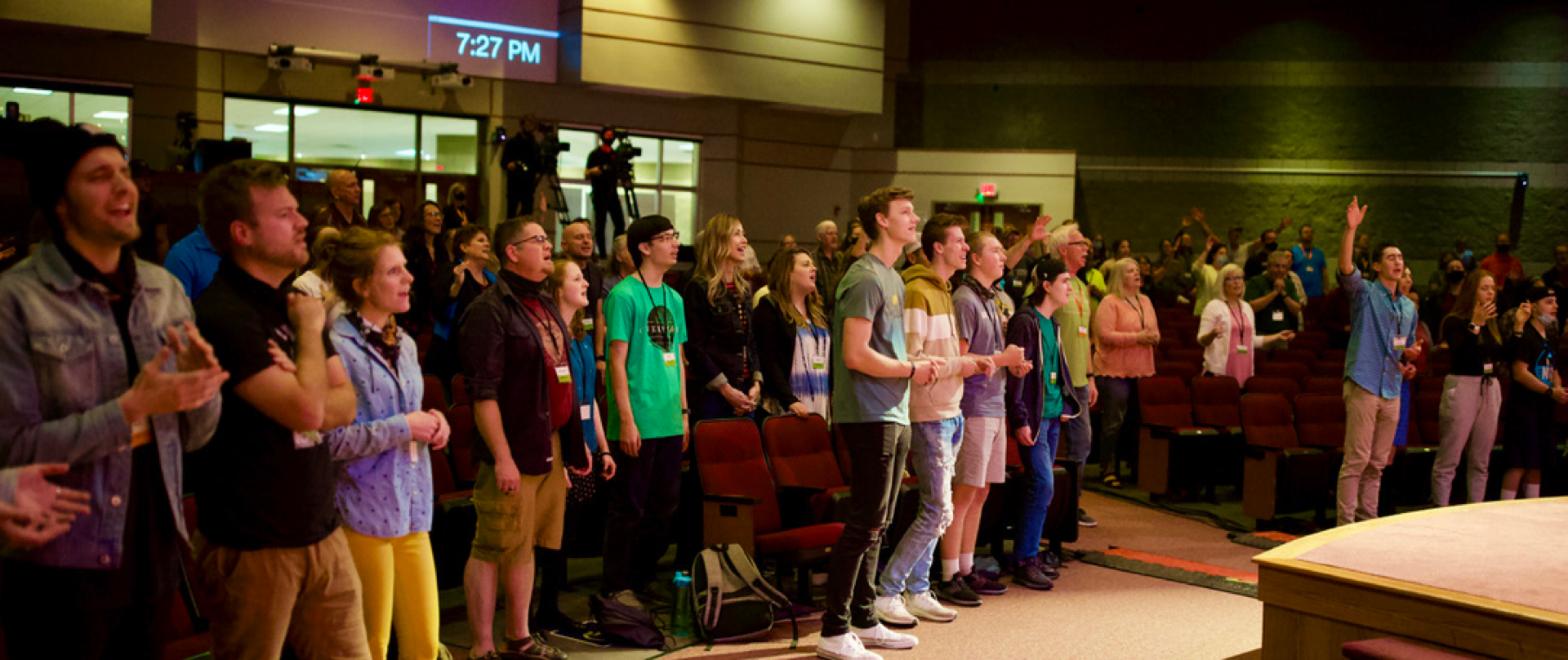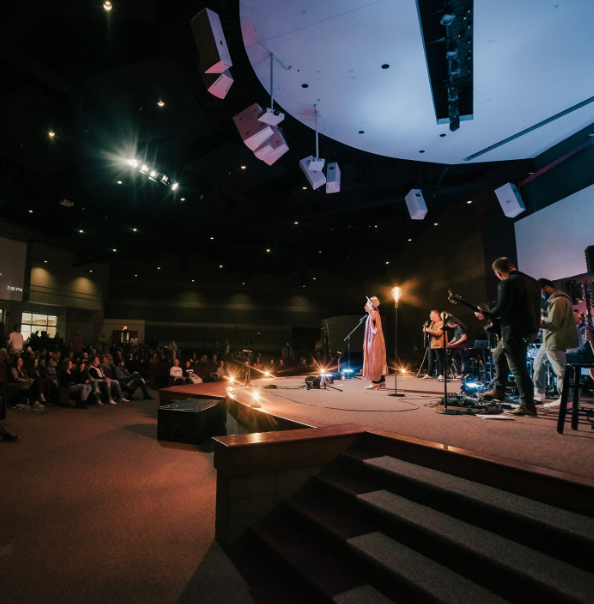
Episode 131: Pointing People to Jesus through Worship + Your Ministry Purpose
How to Lead with Purpose in Worship: Insights from the Overflow Worship Podcast with Jason Squires
In this episode of the Overflow Worship Podcast, host Andrea Olson interviews
Jason Squires, a worship leader with 20 years of experience. Jason shares powerful insights on leading worship with intention, cultivating creativity, and understanding the deeper purpose behind our roles in ministry. Below is a summary of the key takeaways that can help us lead with purpose and stay grounded in the “why” behind our work—especially important as we approach the holiday season.
Start with Purpose: Know Your “Why”
Throughout the podcast Jason and Andrea share the importance of understanding why we do what we do. Jason talks about how many worship leaders stumble into the role, saying, “Most people don’t have a clear start date for when they became a worship leader, it just sort of happens.” However, as Jason emphasizes, knowing your “why” can dramatically change how you approach worship and ministry. He notes:
“If you can answer those questions, we can dive in deeper to make you understand that we get to point people to Jesus. That’s a crazy concept. I play music to point people to the God who spoke the universe into existence.”
Understanding this “why” transforms worship from a routine task into a
purposeful act. This shift in mindset helps avoid burnout and fosters a more vibrant ministry. Jason encourages worship leaders to take time to reflect on their purpose, ensuring they stay grounded and connected to the bigger picture of what God is doing through them.
Balancing Tradition with Creativity
As we enter seasons like Christmas, that are rooted in tradition, Jason reminds us that while tradition has value, it should never overshadow purpose. He shares how many churches simply reuse past holiday programs without re-evaluating their current impact. Jason suggests approaching each season with fresh eyes, asking why we do things a certain way:
“Tradition is great, but tradition shouldn’t be rooted in the ‘what’; it should be rooted in the ‘why.’”
For example, instead of simply checking boxes for Christmas songs like “Joy to the World” and “Silent Night,” Jason advises worship leaders to consider what these songs are communicating to their congregation. How are they helping people enter into a time of worship and remembrance? Revisit traditions and explore creative ways to express the same truths. By re-examining our approach, we may find new, more engaging ways to celebrate timeless truths.
The Role of Creativity in Worship
Jason’s passion for creativity is evident as he discusses his work with
The Creative Launch, a ministry designed to help creatives across various fields reignite their passion for their craft. His unique perspective on creativity within worship is both inspiring and practical. He encourages leaders to think outside the box, especially during special seasons like Christmas:
“We worship a creative God. The first thing we learn about God is that He’s creative. In the beginning, God created. So, why not embrace that creativity in our worship?”
This creativity can take many forms, from song choices to the design of services. Jason urges leaders to create an environment where worship feels fresh and authentic, helping the congregation see God’s story in a new light.
Creating a Worship Environment that Encourages Participation
An important point Jason highlights is the responsibility of worship leaders to create an environment where the congregation can fully engage in worship. He shares how his diverse experiences—from leading worship in churches of all sizes to performing at coffee shops—have taught him the importance of adaptability. He says:
“Every week is different. One Sunday I’m in a church of 40 people, the next in a church of 3,000. The goal is always the same: to create a space where people can connect with God.”
Jason’s advice for worship leaders, especially during seasons like Christmas, is to ensure that services aren’t just about maintaining tradition, but about fostering an atmosphere where people feel invited into the presence of God. This includes not just the selection of songs, but how those songs are presented and how they tie into the overall message of the season.
Why Purpose-Driven Worship Matters
Jason continually returns to the idea that leading worship is about more than just singing or playing an instrument—it’s about pointing people to Jesus. He emphasizes the importance of worship leaders staying connected to this purpose, noting that when we lead from a place of deep purpose, we can avoid the pitfalls of burnout and routine. He states:
“I better know why I do it here, and I better be invested in my ‘why’ so that I can be better here because we are here on earth right now.”
By aligning our “why” with God’s mission for us, worship leaders can lead from a place of overflow rather than overwhelm, ensuring that their ministry is both sustainable and impactful.
For more Overflow Worship resources click here and visit our website.
Watch the Overflow Worship Podcast here on YouTube.
Listen to the Podcast on Spotify and Apple Music.










